
Supreme Court Wraps up Term with Last Three Cases
A presidential candidate’s Supreme Court nominations matter, especially in an election as dramatic as this one is turning out to be. With Antonin Scalia’s unexpected death in February, the stakes are even higher for presidential nominees Hillary Clinton and Donald Trump.
The Supreme Court started wrapping things up this Monday when it released orders pertaining to the last three cases on the docket before the November election. The three cases are as follows:
Voisine v. United States (Gun Rights)
Violent felons have long been prohibited from purchasing firearms. That prohibition expanded to those convicted of domestic violence misdemeanors in 1996.
Voisine does not question the meaning of the Second Amendment (for once), but seeks to decide whether or not the federal gun ban includes “reckless” criminals who did not knowingly commit a crime.
Whole Woman’s Health v. Hellerstedt (Abortion)
Texas’s HB2 law requires all abortion doctors to have admitting privileges at hospitals within 30 miles of their abortion facilities and requires all abortion clinics to meet certain sanitation and equipment standards. Texas Solicitor General Scott Keller argues that HB2 was designed to meet Justice Anthony Kennedy’s standards in 1992.
Hellerstedt would likely have been a major pro-life victory if not for the death of the staunchly conservative Justice Scalia. HB2 will survive in the event of a 4-4 ruling, but nothing will be accomplished.
Unfortunately for pro-life advocates, the only way Hellerstedt could become a major case is if Kennedy were to vote alongside the four liberal judges in saying that HB2 represents an “undue burden” on women seeking abortion. It’s also possible that the Court will defer it’s decision until the start of the next term (October) and the addition of a ninth judge.
McDonnell v. United States (Bribery)
This case challenges former Virginia Governor Bob McDonnell’s felony conviction under the Hobbs Act (federal bribery statute). McDonnell was convicted despite the fact that he never once used his gubernatorial powers to benefit his friends/benefactors.
McDonnell troubles many legal experts because it calls into question the feds’ power to criminalize unseemly interactions and relationships even when no trade-offs are proven in which officeholders use their powers to reward gift-givers.
McDonnell is argued by former Scalia clerk Noel Francisco, who questions whether “official acts” criminalized under the Hobbs Act are “limited to exercising actual government power, threatening to exercise such power, or pressuring others to exercise such power.”


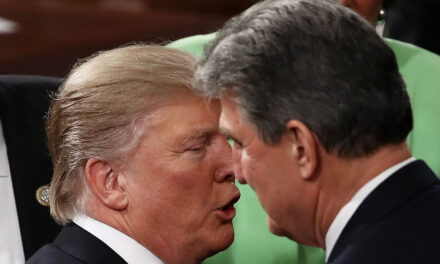
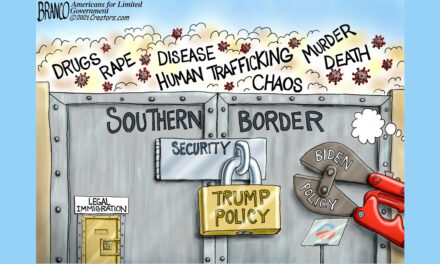
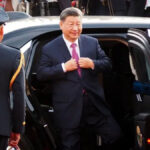

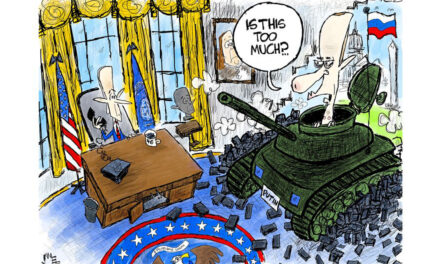
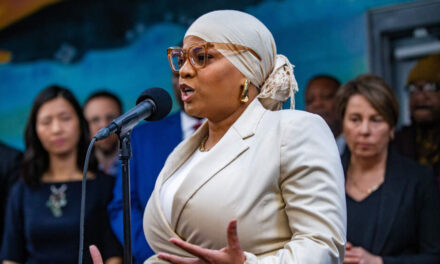
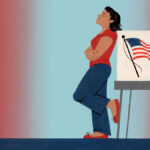


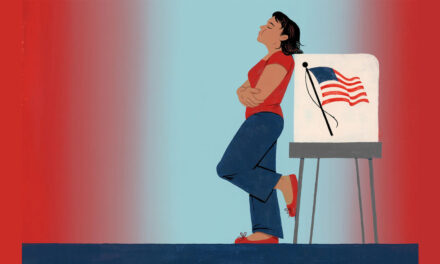
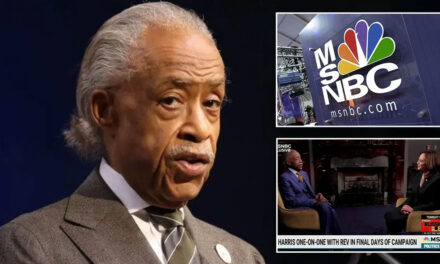

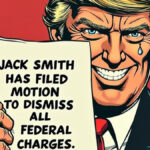

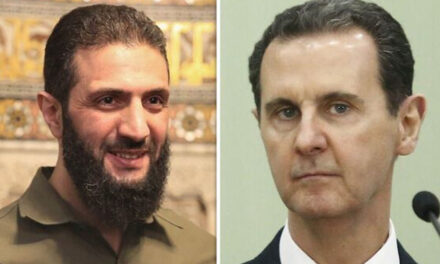
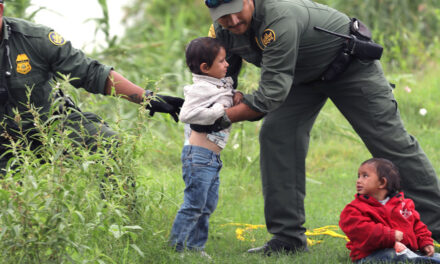
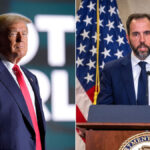





Whoops, I meant Robert.
I was referring to Roger being mentally unhinged. He's the one that was ranting. Hell, I support Trump. I don't…
Your daughter
I noted in another post that if I were king of the forest....... I would pardon all the non-violent 1/6…
Remember the title: “More woman victimization from the left.” The author, without a shred of evidence, presumes that there are…